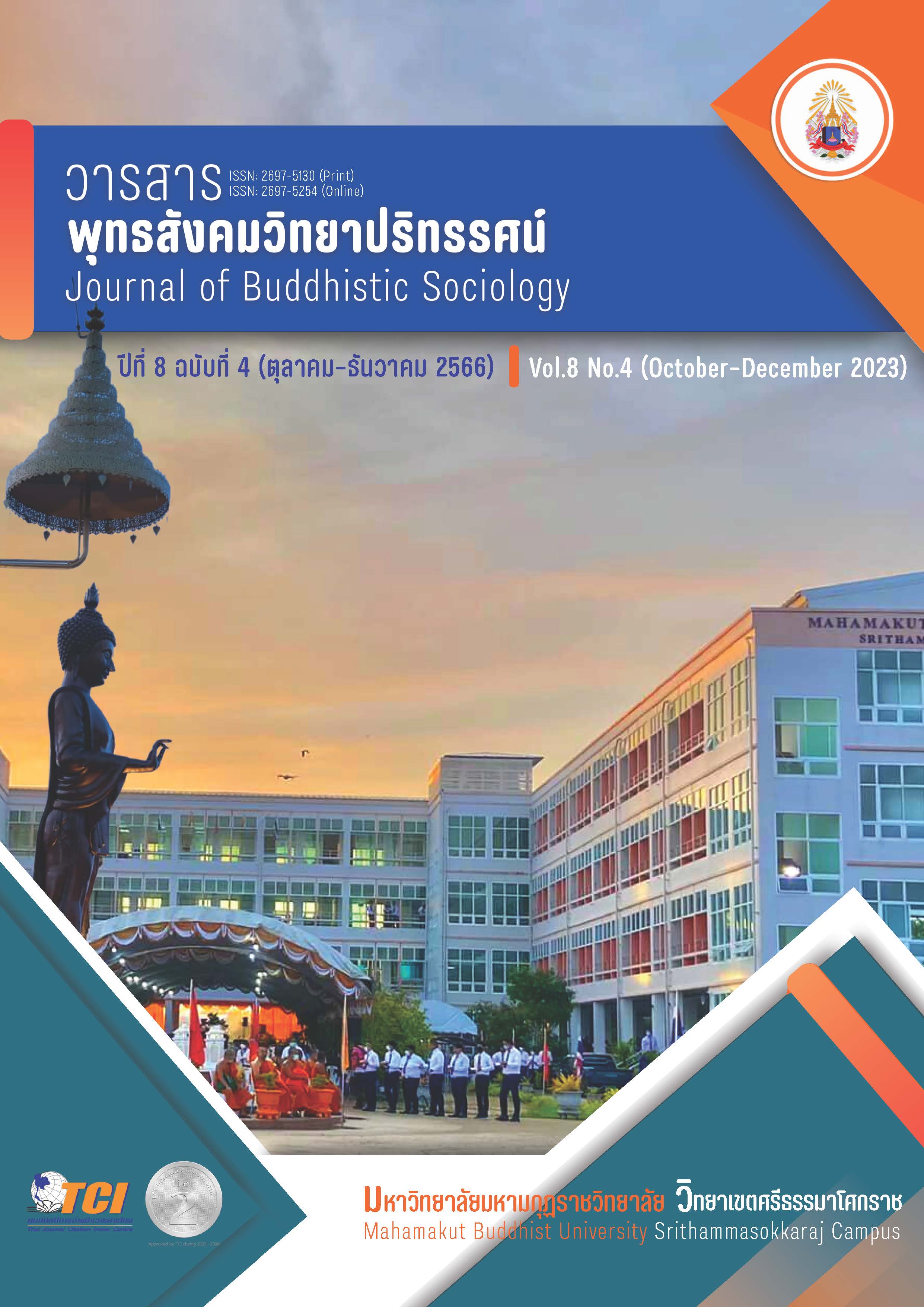PROFESSIONAL TEACHER DEVELOPMENT AND CHANGES IN THE 21ST CENTURY
Main Article Content
Abstract
The development of professional teachers involves nurturing 21st-century skills in students. Teachers must foster critical thinking, creativity, communication, collaboration, and global and cultural awareness. Networking is increasingly vital in professional teacher development. Teachers should collaborate with colleagues within their own and other schools to share best practices and learn from each other. Moreover, working with parents, communities, and other stakeholders is crucial for effective teaching and enhancing students' adaptability and resilience. It necessitates shifting from traditional teaching methods to participatory learning, where students benefit optimally.
Teachers impart knowledge through various teaching and learning management techniques to enhance human learning and develop learners' potential for a better quality of life. Therefore, teachers are benevolent mentors, imparting knowledge like second parents providing love and care. Good teachers are dedicated to brightening students' futures, fostering lifelong learners, and instilling moral consciousness for societal betterment. Thus, teachers must be able to convey their comprehensive knowledge, combining both science and art, and act as spiritual leaders. Being a teacher requires more than knowledge or a trustworthy demeanor; it requires specialized training and professional recognition. Teachers hold a societal role with expected responsibilities, ethics, and virtues. Consequently, those in the teaching profession must continually seek knowledge and self-improvement. Historically, teachers centered on instructing students, but now they must adapt to design student-centered learning experiences and stay abreast of rapidly changing information to create appropriate learning processes. The teaching profession is honorable, providing guidance for beneficial learning outcomes and shaping individuals into valuable societal and national contributors.
Article Details

This work is licensed under a Creative Commons Attribution-NonCommercial-NoDerivatives 4.0 International License.
References
กรมวิชาการ. (2544). หลักสูตรการศึกษาขั้นพื้นฐาน (พิมพ์ครั้งที่ 2). กรุงเทพมหานคร: องค์การรับส่งสินค้าและพัสดุภัณฑ์.
กฤษพงษ์ กีรติกร. (2557). การยกระดับคุณภาพครู. การประชุมคณะกรรมการปฏิรูประบบผลิตและพัฒนาครู ครั้งที่ 2/2557.
ดิเรก พรสีมา. (2554). การพัฒนาวิชาชีพครู. กรุงเทพมหานคร: เจริญผล.
ถนอมพร เลาหจรัสแสง. (2556). การเรียนรู้ในยุคสมัยหน้า: ตอนรูปแบบและทฤษฎีการเรียนรู้อนาคต. เรียกใช้เมื่อ 19 ก.พ. 2566 จาก http://thanompo.edu.cmu.ac.th
นรรัชต์ ฝันเชียร. (29 สิงหาคม 2561). แนวทางการพัฒนาตนเองสู่ครูมืออาชีพ. เรียกใช้เมื่อ 19 กุมภาพันธ์ 2566 จาก https://www.trueplookpanya.com/dhamma/content/68689
ประเวศ วะสี. (2553). คำบรรยายเรื่อง การศึกษาที่พาชาติออกจากวิกฤติ. กรุงเทพมหานคร: มหาวิทยาลัยธุรกิจบัณฑิตย์.
พระราชบัญญัติการศึกษาแห่งชาติ พ.ศ. 2542. (ม.ป.ป.). ราชกิจจานุเบกษา. เล่ม 116 ตอนที่ 74ก วันที่ 19 สิงหาคม 2452.
พิณสุดา สิริธรังศรี. (2557). ครูในศตวรรษที่ 21. กรุงเทพมหานคร: สำนักงานคณะกรรมการการอุดมศึกษา.
วรากรณ์ สามโกเศศ และ คณะ. (2553). ข้อเสนอระบบการศึกษาทางเลือกที่เหมาะสมกับสุขภาวะคนไทย. กรุงเทพมหานคร: ภาพพิมพ์.
วิจารณ์ พานิช. (2555). วิถีสร้างการเรียนรู้เพื่อศิษย์ในศตวรรษที่ 21. กรุงเทพมหานคร: ตถาตา พลับลิเคชั่น จำกัด.
สำนักงานเลขาธิการสภาการศึกษา. (2560). แผนการศึกษาแห่งชาติ พ.ศ. 2560-2579. กรุงเทพมหานคร: พริกหวานกราฟฟิค.
สุมน อมรวิวัฒน์. (2555). ครุศึกษากับความเปลี่ยนแปลงที่ท้าทาย. กรุงเทพมหานคร: พัชรินทร์ พี.พี.
สุรศักดิ์ ปาเฮ. (2553). การพัฒนาครูทั้งระบบตามยุทธศาสตร์การปฏิรูปการศึกษาทศวรรษที่สอง (พ.ศ. 2552-2561). แพร่: สำนักงานเขตพื้นที่การศึกษาประถมศึกษาแพร่เขต 2.
สุวิธิดา จรุงเกียรติกุล. (2561). ทักษะการเรียนรู้ในศตวรรษที่21 (The Twenty-First Century Skills). เรียกใช้เมื่อ 19 กุมภาพันธ์ 2566 จาก https://www.trueplookpanya.com/blog/content/66054/-teaarteduteaart-teaarttea.
เอกชัย กี่สุขพันธ์. (2538). การบริหาร: ทักษะและการปฏิบัติ. กรุงเทพมหานคร: สุขภาพใจ.
McKinsey. (2007). McKinsey Report on Education. Retrieved February 19, 2023, from https://www.mckinsey.com.


